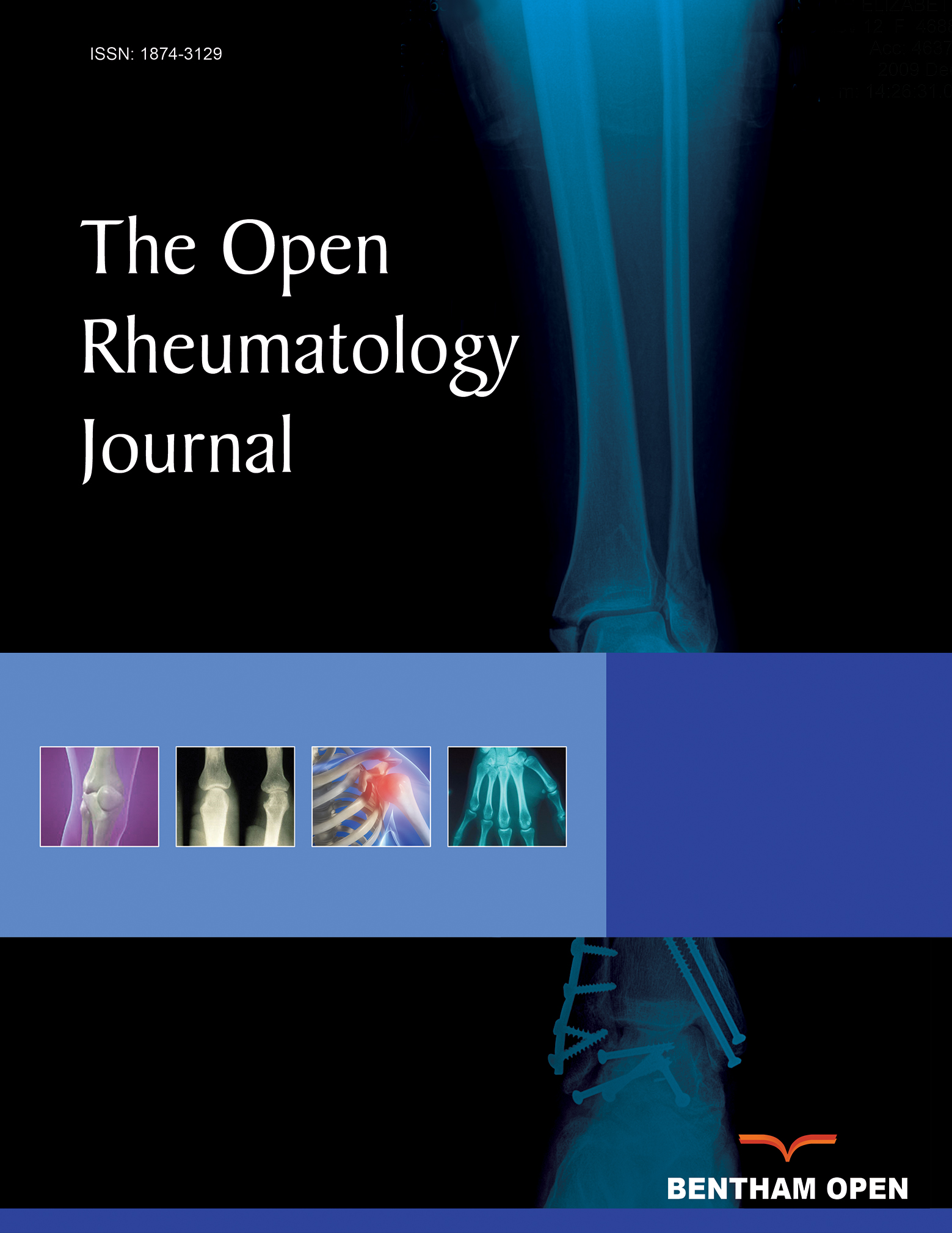All published articles of this journal are available on ScienceDirect.
Adverse Events in Patients with Blood Loss: A Pooled Analysis of 51 Clinical Studies from the Celecoxib Clinical Trial Database
Abstract
Background:
Chronic use of nonsteroidal anti-inflammatory drugs (NSAIDs) is associated with an increased risk of gastrointestinal (GI) toxicity, including occult blood loss and the development of clinically significant anemia. The aim of this study was to investigate the clinical importance of clinically significant anemia/blood loss.
Methods:
Pooled analysis of 51 blinded, controlled clinical studies ≥4 weeks duration from the celecoxib clinical trial database, comparing celecoxib with NSAIDs or placebo. The adverse event (AE) profile in patients with clinically significant anemia/blood loss (defined as decreases in hemoglobin ≥2 g/dL and/or hematocrit by ≥10% from baseline) was compared with the AE profile in patients without blood loss. Events that occurred in <0.5% of patients were excluded from any comparisons. A threefold difference between groups was defined arbitrarily as being markedly higher.
Results:
Overall 932/51,048 patients experienced clinically significant anemia/blood loss. Baseline demographics were similar in both groups. The incidence of AEs was markedly higher in patients who experienced clinically significant anemia/blood loss than those who did not; the majority of these differences were for GI AEs or their likely sequelae. The incidence of the following non-GI related AEs was also markedly higher in patients with blood loss: coronary artery disease (1.2% vs 0.3%), myocardial infarction (0.6% vs 0.2%), and pneumonia (1.7% vs 0.4%). Withdrawals due to AEs were more common among patients who experienced blood loss (16.7% vs 10.4%).
Conclusions:
Clinically significant anemia/blood loss may have clinically important adverse consequences beyond the sequelae previously known to be associated with NSAID-related GI effects.


